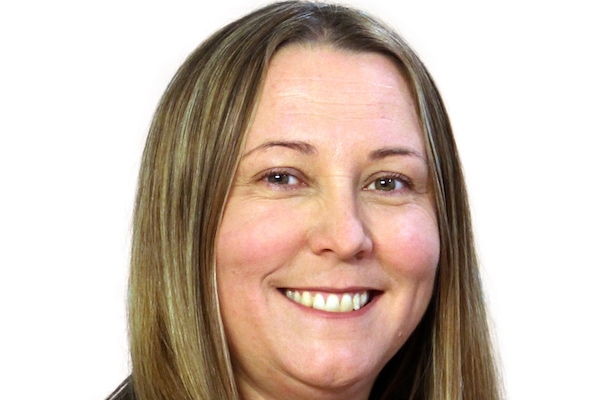Inheritance tax receipts have continued to soar for the government, with an expectation of further rises due to thresholds being frozen until 2028.
Data for the latest period published today by the government shows that receipts for April to November this year were £600m higher than the same period last year, reaching £4.8bn.
According to analysis by Canada Life, the spike in the latest month, November, was due to a small number of higher-value payments than usual.
This year is set to be a record year for IHT receipts.
Andrew Tully, technical director at Canada Life, said: “The latest IHT receipts shows we are on for a record breaking year. With thresholds frozen until at least April 2028, more estates will be coming in from the cold and will likely be caught in this widening tax net, and this is despite predicted house price falls in 2023.”
Rachael Griffin, tax and financial planning expert at Quilter, said the decision to extend the freeze in tax thresholds for five years is likely to be a “lucrative one.” She said it was not just IHT receipts on the rise.
She said that when combined, receipts from Income tax and National Insurance were up £31.8bn year on year for the period April to November.
She said: “Receipts from Income Tax and National Insurance payments from April to November 2022 reached £251.4bn – an increase of £31.8bn compared to the same period a year earlier.
“This rise will no doubt be music to the Chancellor’s ears as just last month he announced Income Tax thresholds would be frozen until 2027/28, and this growing source of government income will only rise as the years progress. Likewise, the Chancellor also opted to freeze Inheritance Tax (IHT) thresholds also to 2027/28 – a move which is expected to net more than an additional £1bn for government coffers according to OBR forecasts.
“Inheritance Tax and the increasing number of people it impacts is often a source of contention, and this morning’s data will no doubt add to this.”
Last week the Institute for Fiscal Studies called for reform to the tax treatment of pensions on death on the grounds of fairness as it deemed pensions to be ‘a highly effective way of avoiding inheritance tax.’
Ms Griffin countered by saying that such reform would likely only make things “fairer” for the Exchequer and not for bereaved families.
She said: “Making pensions subject to IHT would be counter-intuitive to encouraging people to save for their retirement, and with the lack of certainty on the direction of social care it is crucial that people continue to put their own financial plans in place.”
She echoed concerns that IHT, seen in the past as a tax on the wealthy, was catching more people of average means.

